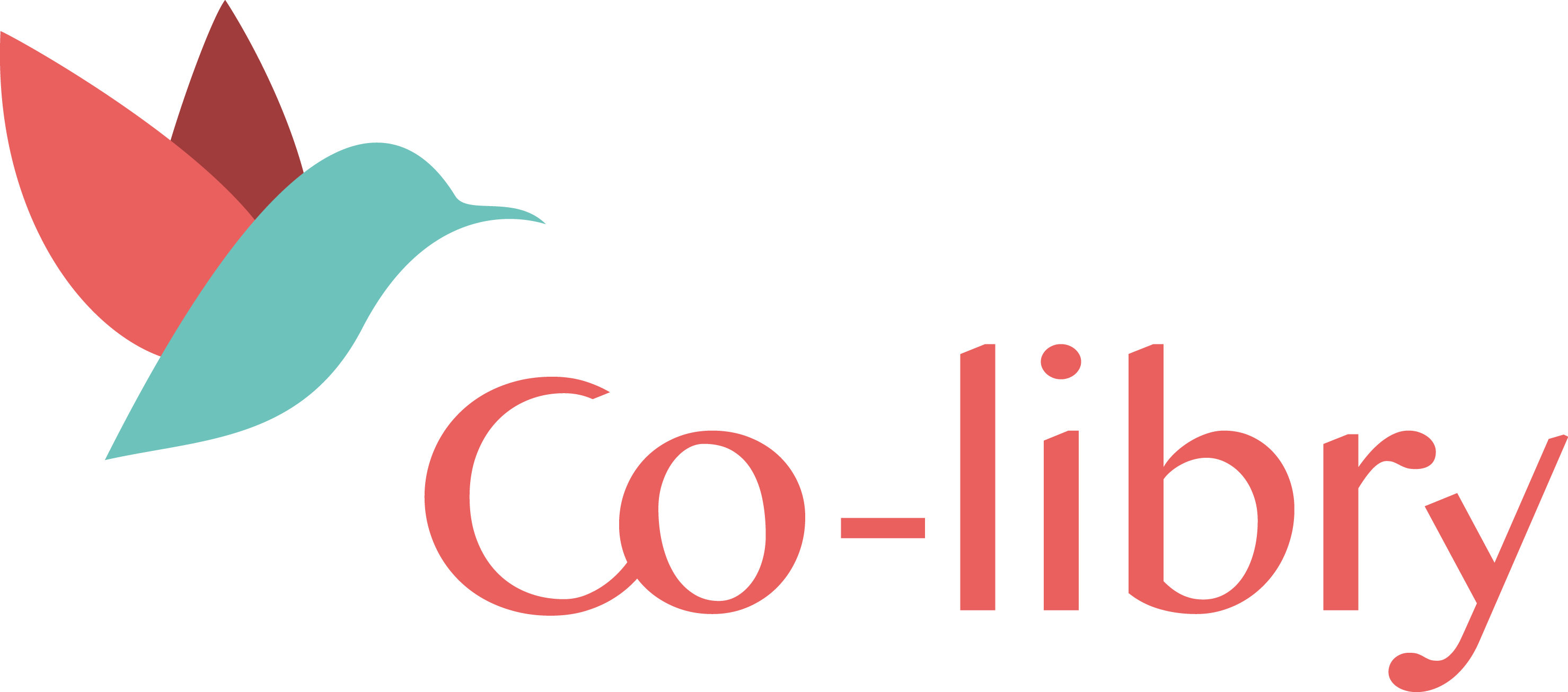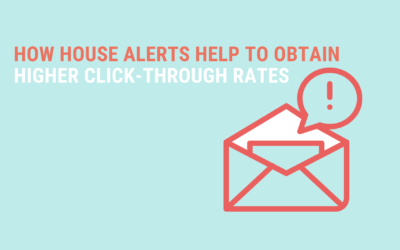The best real estate listing lead generation ideas
2 December 2020 | 4 min read
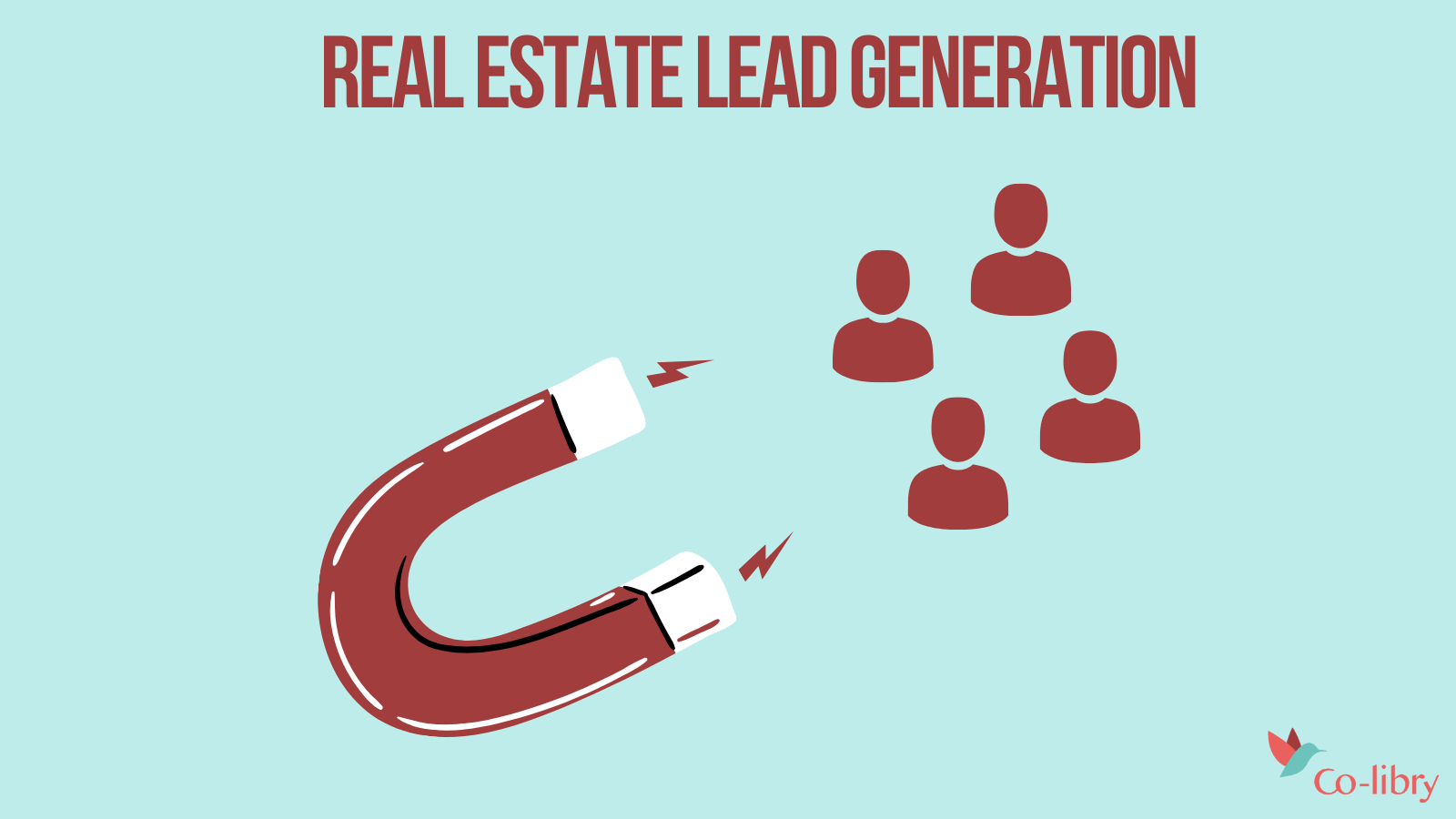
Why do real estate companies have websites at all? It’s a simple question with a straightforward answer, but sometimes it’s essential to go back to basics and remember why. You don’t have a website because your competitors do or because it’s necessary for the digital age. You have a website because you want to generate more leads, convert those leads into buyers, and boost your revenue. It’s a tried and tested route for real estate companies today – being online increases your chances of success.
For home buyers, the internet is an essential tool. According to NAR’s research, only 7% of people surveyed didn’t use online information while searching for a home to buy.
Today we’re going to be looking at some of the best real estate lead generation ideas. Let’s dive right in.
Increase your incoming traffic (SEO)
The obvious way to get more leads is to get more people on your website. For real estate companies, the challenge is attracting these potential buyers to your portal rather than the other options available. This race starts with search engine optimization (SEO). You can have the best-looking website out there, but if potential buyers can’t find it, then it might as well not exist.
We recently published a comprehensive SEO guide for real estate portals, using the most up to date best practices to offer advice on what real estate companies need to focus on in 2020 and 2021.

Exit pop-up to generate more real estate leads
Pop-ups often get a bad reputation, but they shouldn’t. Why? Because they work. Sure, back in the early days of the internet, pop-ups were ugly, intrusive, and utterly irrelevant. You’d be enjoying a website, only to be rudely interrupted by random ads for products you’d never buy in a million years, or a pop-up telling you that you’re the one-millionth visitor this week, so lucky old you get a prize! These kinds of pop-ups were spammy and annoying, but they mostly don’t exist anymore.
Today, pop-ups are much more intelligent and can add value to customers. As the name would suggest, an exit pop-up is a pop-up that appears just as the user is about to leave the site. Websites can detect this user intention in several ways, for example, through mouse movements or where the user has clicked on the page. For instance, if the user’s cursor moves quickly to the top of the page, it could mean they are about to click the back button.
When it comes to real estate lead generation, the goal of exit pop-ups is to extend the communication with that user – the user might be done for today, but you can entice them to engage with you again in the future. The lead isn’t lost just because their session has ended. Exit pop-ups are an easy way to capture 2-3% more email leads.
Here are some effective examples of exit pop-ups for real estate portals:
A typical exit pop-up would be a call to action (CTA) asking the user to sign up for email alerts for similar listings. For example, the user might be looking for “3 bedroom homes with balconies in Madrid, Spain”. They browse the page and see some properties, but none of them is a good fit. Your exit pop-up could say, “Couldn’t find the right property? We’ll let you know when other listings come up. Just leave your contact details below, and we’ll get back to you as soon as possible.”
Another example could be to offer more information to the user. For example, property developers often want a high degree of detail about both the property and the surrounding area. They might want to see statistics on property price fluctuations, resale value, and commodities in the local area. You can use an exit pop-up that says, “Do you need more information about this property or the surrounding area? Leave your email address below”.
You can also use exit pop-ups to keep users on the site for longer. These exit pop-ups analyze user behavior and offer a customized solution. For example, if we look back to the Madrid example, the pop-up could say, “Not found what you’re looking for? Would you like to look at three-bedroom properties in Madrid with basements?”. Or “We have some properties similar to the ones you’re looking at. Would you like us to amend the filter so you can view these properties?”. These pop-ups are an example of real estate listing lead generation – You’re using successive real estate listings to increase the probability of visitors becoming leads.
Exit-surveys
Exit surveys are a type of exit pop-up that aims to ask the user more about their experience. Exit surveys can help you understand why your bounce rate is high by looking inside the user’s mind. Exit surveys are used differently by different companies and are commonly used in the retail industry to reduce shopping cart abandonment rates.
Questions like “Have you finished shopping for today?” might not be appropriate for real estate websites, but that doesn’t mean exit-surveys are a no-go. Instead, you can ask questions like “Did you find the information you were looking for?” or “How difficult was it to find the information you were looking for?”. The answers to these questions can help you determine whether you need to amend your page design to make your site more relevant to visitors.
It’s vital to remember that what seems easy and straightforward to you might be the opposite of someone else.
Why exit pop-ups work to generate more real estate leads
If you’re still not convinced that exit pop-ups can increase your leads and conversions, then here’s the science behind why they work:
- A blank slate: By the time the user is ready to leave the real estate website, they have cleared their mind for the next task. You can use this break in concentration to interrupt their attention with a new offer.
- Distraction-free: Pop-ups are effective because they force the user to give their full attention to the offer in front of them. They have to make a decision either way.
Chatbots to generate real estate leads
Chatbots are an excellent tool for shortening the time between the user reaching out and actually getting a response. A key challenge when trying to generate leads and eventually converting them is holding the users’ attention. Sure, the user can fill out a contact form or sign up for an email newsletter, but some users will never go further than this. Maybe they exit your website and go onto another one where they get a faster response. Or perhaps they get busy with something else and decide they can wait a few more weeks or months before taking action on buying or renting a new property.
AI chatbots simulate real human interactions using a mixture of advanced technology, including natural language processing, natural language understanding, and natural language generation.
Here are some of the benefits of having AI chatbots on your real estate portal:
- Boost in qualified leads: Chatbots are available 24/7, which means users can always get what they need, no matter the time of day. The chatbots can take charge of lead qualification, so you don’t miss out on leads due to misaligned operating hours.
- Building relationships: Chatbots provide more back and forth interaction than a simple one-way contact form.
- Variety: Some users just prefer to use chatbots rather than picking up the phone, at least initially. By offering more communication options, you can capture a larger segment of customers.
- Saving time: Chatbots can answer simple questions and get leads ready for agents. This cuts back on labor-intensive or time-consuming tasks for agents and frees them up for other tasks.
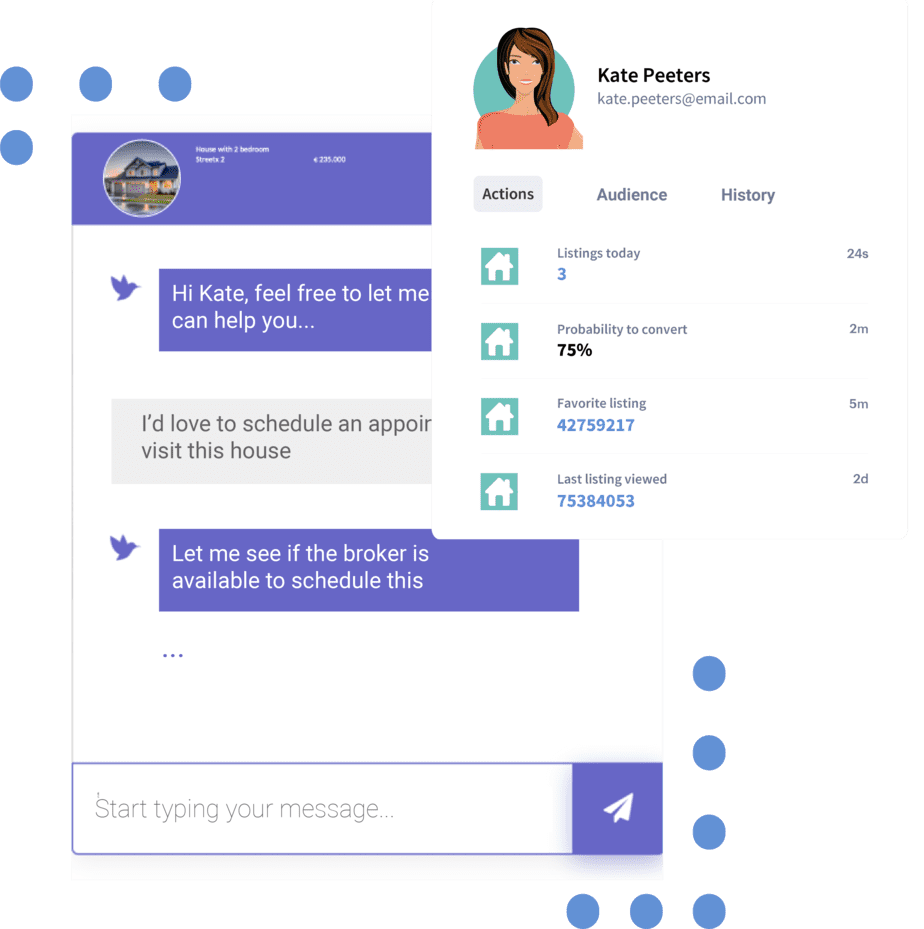
Real estate lead qualification
Lead qualification is vital to successful conversion. Sometimes you can get leads too early in the buying process, where they have no real intention to buy just yet. How you approach leads will depend on what information you can gather about them. Failing to do this means you can waste or lose a sale.
Chatbots are great at pre-qualifying leads. They can ask users questions like “do you want to rent or buy?” “are you looking to buy in the next six months?” and so on.
Whether it’s through a chatbot, web form, or exit pop-up, you should aim to qualify leads based on the following specifications:
- What is the chance of this user actually converting?
- Is this user actually interesting in buying, or are they just curious about something?
By gathering this information before the lead is passed to an agent, you can give the agent more tools to work with. The agent or seller will now know how to approach the lead and can adapt their strategy based on what they know. Agents can prioritize their time focusing on the leads that are most likely to convert or those that know precisely what they want to buy.
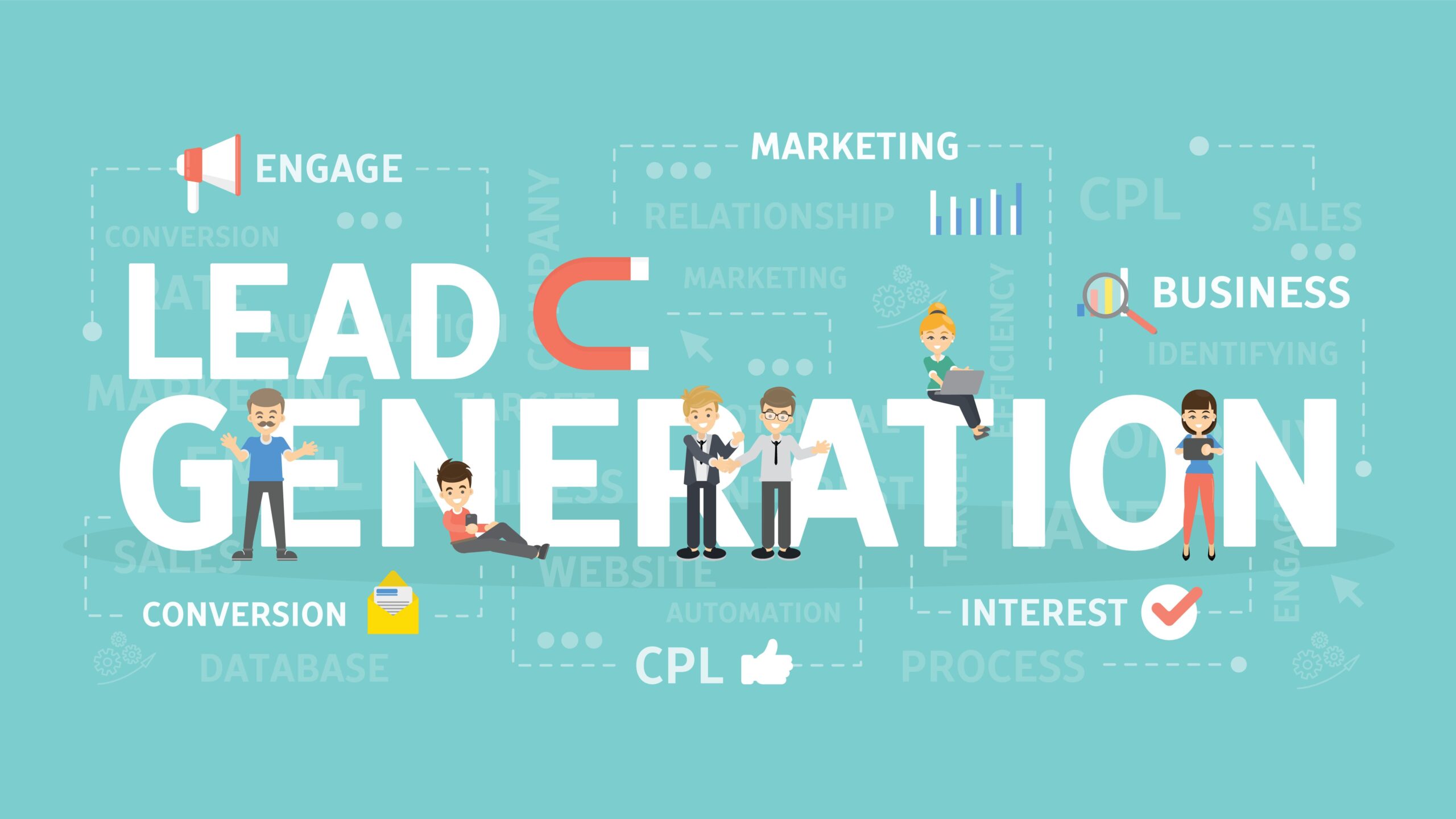
How House Alerts Help To Obtain Higher Click-Through Rates
Thanks to house alert systems, you can quickly inform potential buyers when new properties that match their criteria show up. Here is a step-by-step guide that will show you how you can retarget potential customers and help them find the house of their dreams.
Two Unique Dashboards That Will Help Your Real Estate Agents Close More Deals
Being successful in sales is about knowing your product inside out and knowing everything there is to know about your customer. Luckily, it’s easier to achieve these two goals today than ever before by using some unique dashboards. Read everything about it here:
How Artificial Intelligence is Shaping the Online Real Estate Market
Now in 2021, the message is clear; AI is here, and it’s here to stay. But what impact does this technology have on the real estate market? Read everything about it in this article
